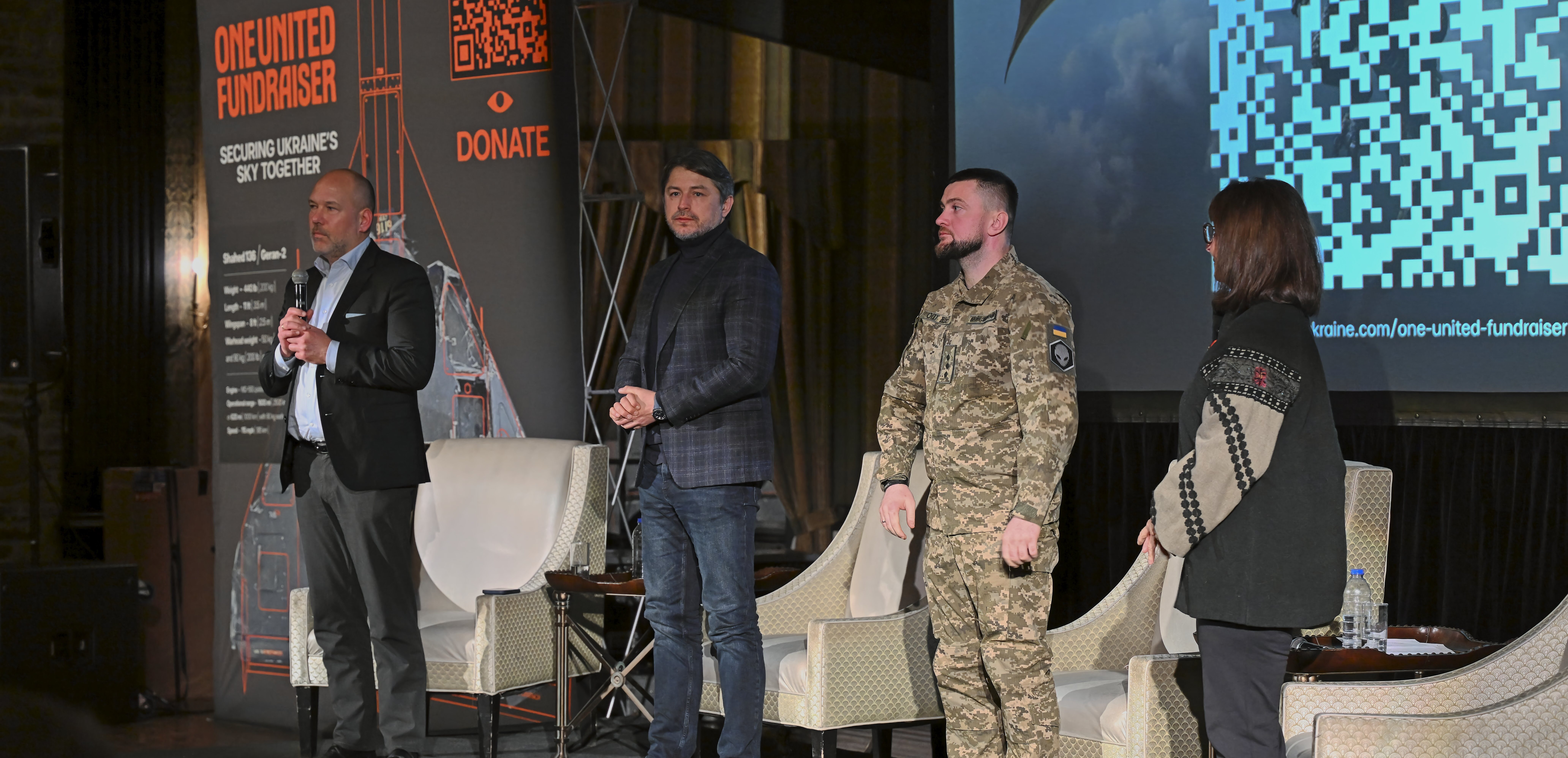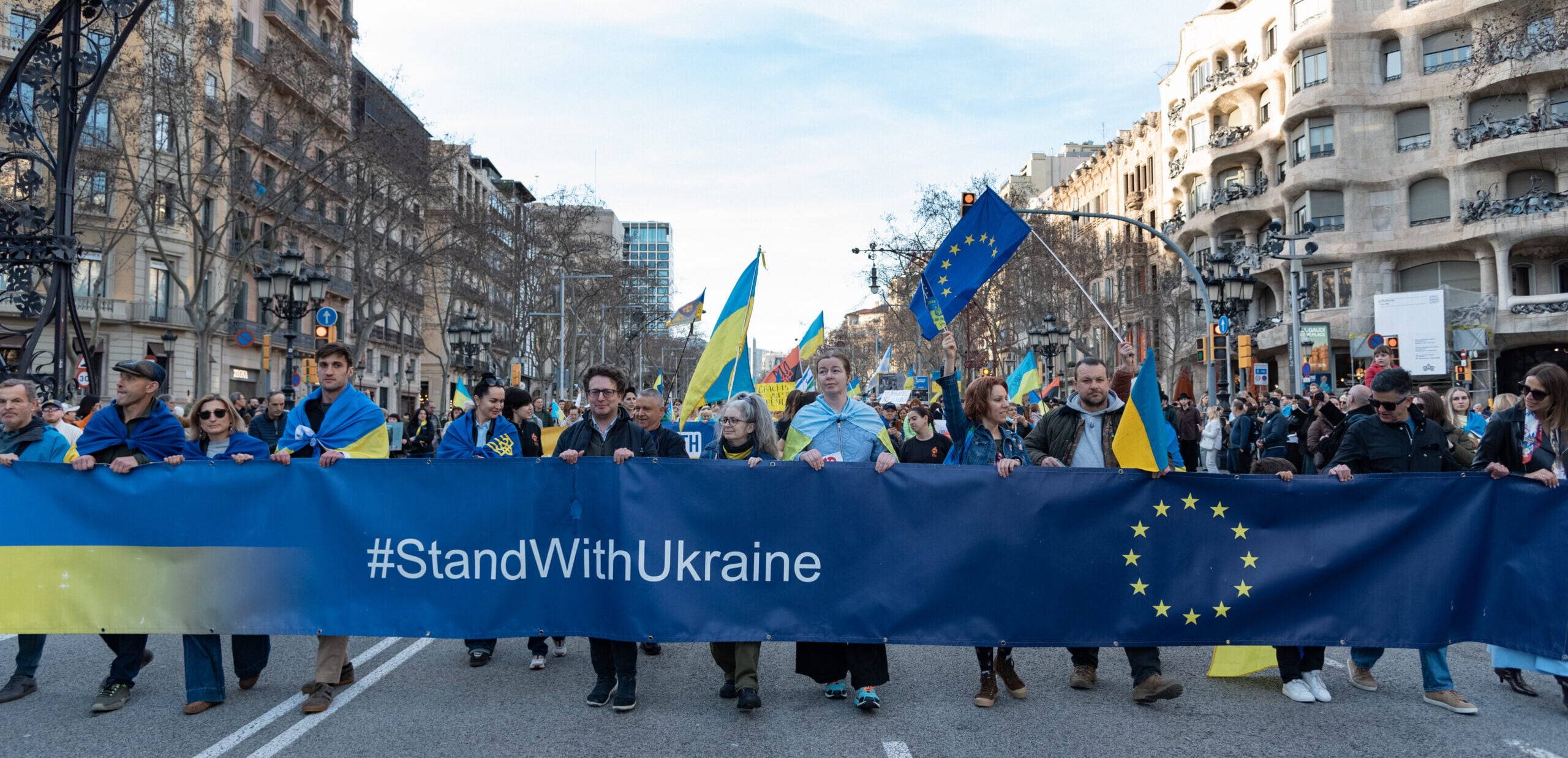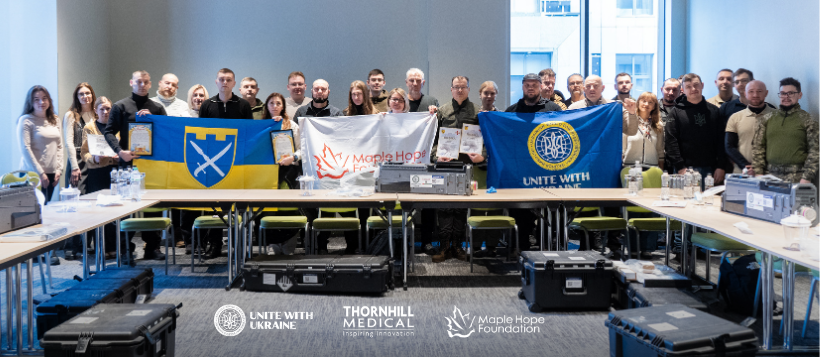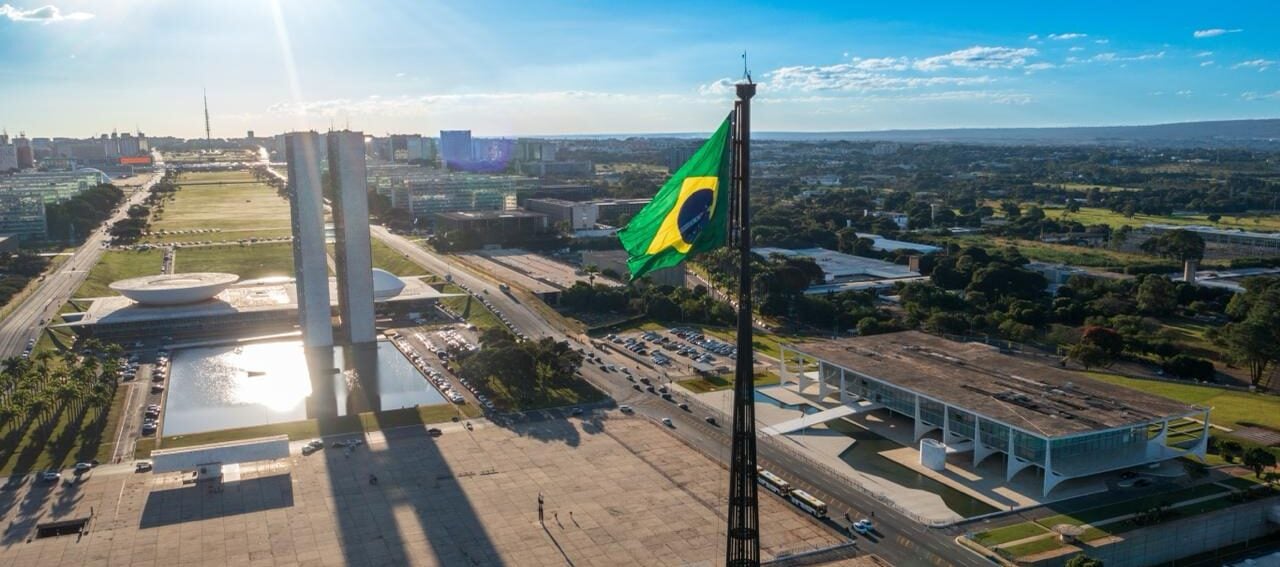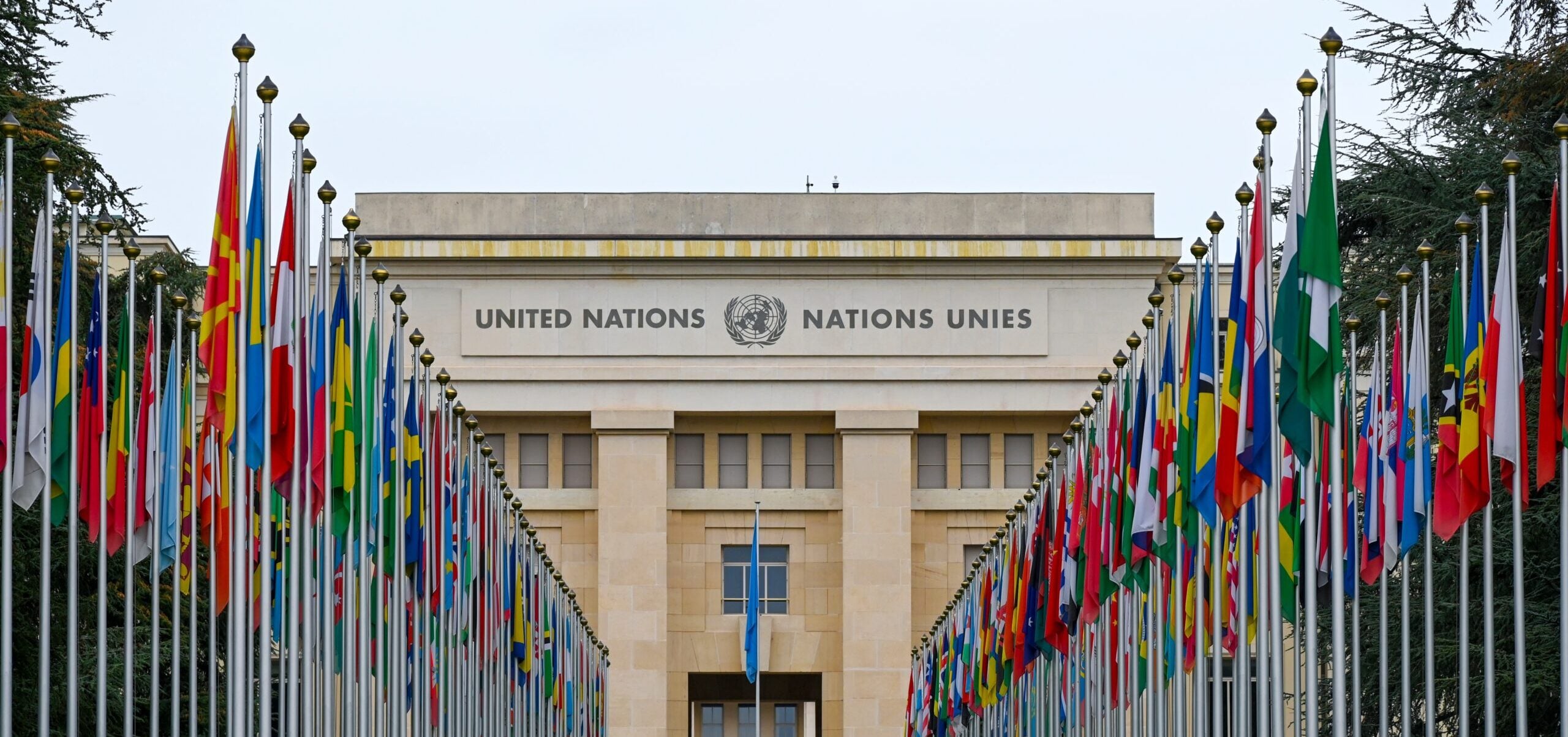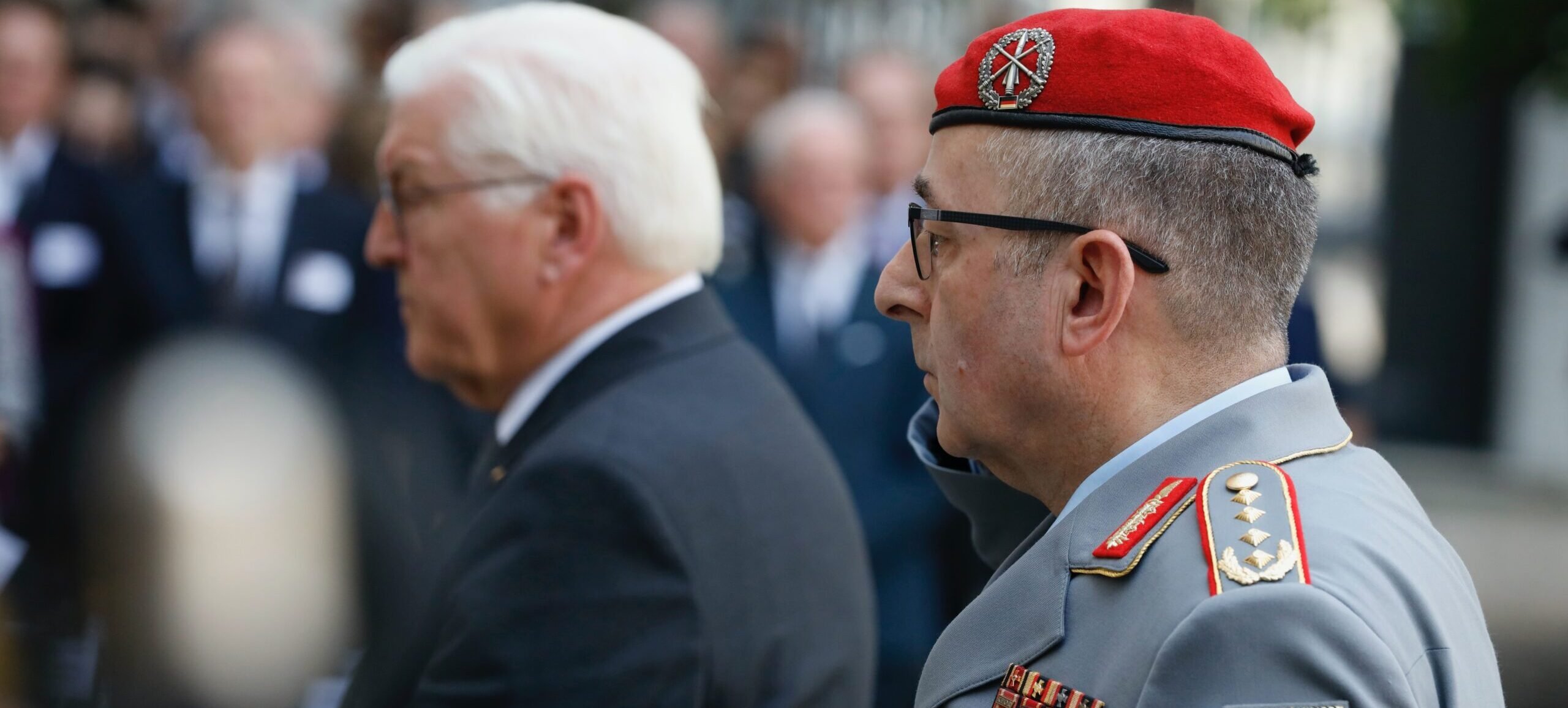
Russia could attack a NATO member country within the next four years, said General Carsten Breuer, who heads the German Armed Forces General Staff, in an interview with BBC.
He said the Kremlin is currently ramping up its military capabilities, producing around 1,500 battle tanks annually. In 2024 alone, Russia manufactured approximately 4 million 152-millimeter artillery shells — not all of which are intended for the war in Ukraine.
“Not every single tank is going to [the war in] Ukraine, but it’s also going in stocks and into new military structures always facing the West,” Breuer said.
These stockpiles are being built up in preparation for potential aggression against the three Baltic states of Estonia, Latvia, and Lithuania, he said.
“This is what the analysts are assessing — in 2029. So we have to be ready by 2029… If you ask me now, is this a guarantee that’s not earlier than 2029? I would say no, it’s not. So we must be able to fight tonight,” Breuer said.
The Suwałki Gap — a stretch of land connecting the Baltic states to Poland that separates the Russian exclave of Kaliningrad from Belarus — is seen as one of the most vulnerable points in case of aggression, the general warned.
“The Baltic States are really exposed to the Russians, right? And once you are there, you really feel this… in the talks we are having over there. Estonians compare their situation to someone already feeling the heat, see the flames and smell the smoke. Meanwhile in Germany, you probably see a little bit of smoke over the horizon and not more,” Breuer said.

Russia sees the war in Ukraine as part of a broader confrontation with the Alliance and is already testing NATO’s defenses.
Examples include the severing of undersea cables in the Baltic Sea, cyberattacks on public transport systems, and drone flights near critical infrastructure in Germany.
NATO allies must urgently strengthen their defensive capabilities, Breuer said.
“What we have to do now is really to lean in and to tell everybody, hey, ramp up… get more into it because we need it. We need it to be able to defend ourselves and therefore also to build up deterrence,” he said.
Breuer emphasized that NATO countries must be prepared for possible aggression and maintain unity in supporting Ukraine — even amid dissenting views from Hungary and Slovakia.
Cover: Shutterstock


